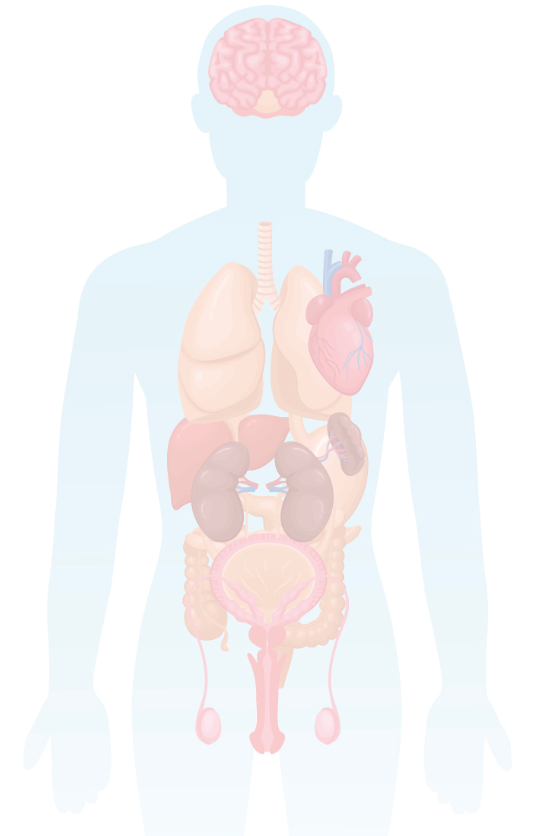Head & Neck Cancer
•27% risk reduction of a feeding tube for oropharyngeal cancer
•Fewer side effects for the first 3-month post treatment,quicker return to normal life with oropharyngeal cancer
•45% reduction in overall risk of a feeding tube for nasopharyngeal cancer
•Dramatic reduction of negative impact on taste, nausea, and painful changes to the mouth in salivary gland treatment
•44% relative increase of 5-year survival rate for nasal and paranasal sinus cavity cancers
Esophageal Cancer
•10% increase of 5-year overall survival rate for stage I-III
•10% increase of 5-year overall survival rate of local cancer control for stage II-III
•15% decrease of distant metastasis of 5-year overall survival rate for stage II-III
•26% reduction in pulmonary toxicity compared to X-ray therapy (IMRT)
•21% risk reduction in the risk of severe, treatment related lymphopenia, particularly in lower esophagus
•3-4-day reduction in average hospital stay after surgery
Breast Cancer
•88% less radiation dose to the heart for left sided breast cancer
•44% reduction in clinically significant radiation doses to theu lng
•90% of partial breast irradiation cases result in good to excleelnt cosmetic outcomes for 5 years
•Well tolerated – Less than 4% serious side effects (grade 3) in locally advanced breast cancer
Liver cancer
•35% relative increase of 5-year overall survival rate for stage II-III
•56% relative reduction in incidences of serious (grade 3) pain with swallowing (esophagitis)
•Up to 4-week reduction in treatment time for select cases
Other Advantages
•26–39% risk reduction in secondary malignancies
Overall/All Cancers
•31% relative reduction in occurrence of secondary cancers after treatment

Sinonasal/Nasal Cavity Cancer
•38% relative improvement of 5-year overall survival rate
Nasopharyngeal Cancer
•60% reduction in the need for nasogastric tube feeding
Oropharyngeal Cancer
•50% reduction in the need for nasogastric tube feeding 74% relative reduction in moderate to severe xerostomia(dry mouth)
Lung Cancer
•35% relative increase of 5-year overall survival rate for stage II-III
•56% relative reduction in serious (grade 3) pain with swallowing (esophagitis)
•Up to 4-week reduction in treatment time for selected cases
Rectal/Anal Cancer
•3More than 50% reduction in radiation dose to critical structures including bone marrow
Chordoma
•49–56% relative improvement of tumor control rate
•153% relative improvement of 5-year overall survival rate
Sarcoma
•20% improvement of local tumor control rate
Pediatric Tumors
•Reduced impact on height and IQ
•Lower risk of secondary tumors
Prostate Cancer
•5% higher of 5-year overall survival rate in intermediate risk
•Patients receiving proton therapy report the highest quality of life compared to surgery, x-ray, or brachytherapy
•35% less radiation to bladder and 59% less radiation to rectum
•42% risk reduction in secondary malignancy
•50% reduction in treatment related bowel frequency and urgency at 2 years
•21% lower of risk in urinary toxicity for 2 years
•25% lower of risk in erective dysfunction for 2 years

